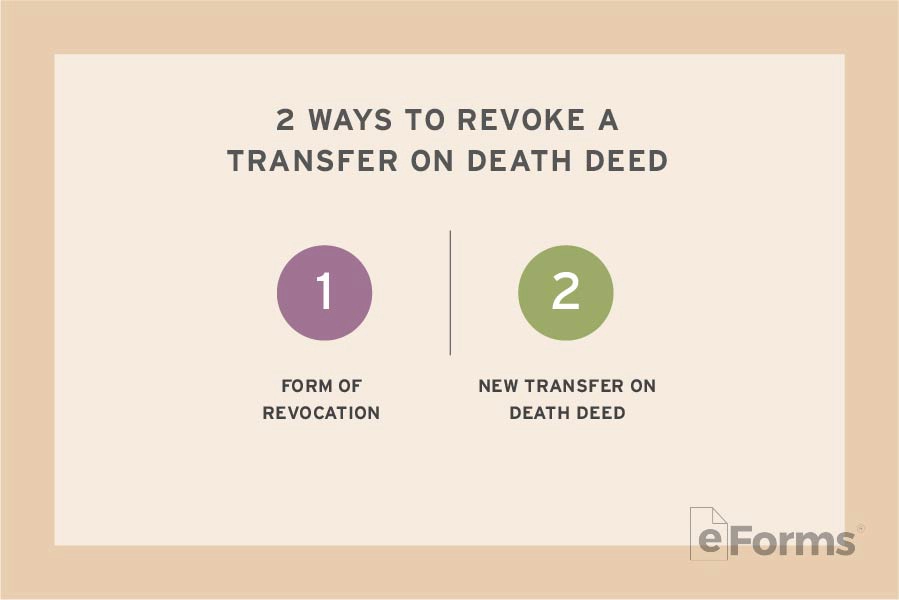Requirements
- Notary: Required (§ 89-3-1)
- Recording: Must be recorded in the deed records of the chancery clerk of the county where the real estate is located before the property owner’s death (§ 91-27-17(3))
- Witnesses: Not required
Legal Description
Completing a Mississippi transfer on death deed requires a legal description of the respective property. Unlike an address, this description delineates the property’s exact location, boundaries, and physical qualities.
To find a legal description, reference property tax statements and the current deed. The chancery clerk of the county should also have access to the legal description.
Example
“A parcel of land located in DeSoto County, Mississippi, having the following description: commencing at the intersection of the north line of Highway 276 and the middle of Hazelnut Creek, thence southeasterly along the center thread of Hazelnut Creek 310 feet…”
Revocation

In Mississippi, a transfer on death deed is a nontestamentary instrument and cannot be revoked by a will (§ 91-27-13). Instead, property owners may cancel a transfer on death deed using one of two methods:
- Complete a form of revocation (§ 91-27-35). This form must be notarized and recorded with the chancery clerk of the county prior to the transferor’s death to be considered valid.
- Complete a new transfer on death deed (§ 91-27-25). If a new transfer on death deed is executed and recorded in the same county as the previous deed, the previous deed is nullified.
How to Record
For a transfer on death deed to be valid in the state of Mississippi, it must be recorded in the deed records of the chancery clerk of the county where the real estate is located (§ 89-3-1(d)). This must happen before the property owner dies; otherwise, the deed won’t be considered valid.
